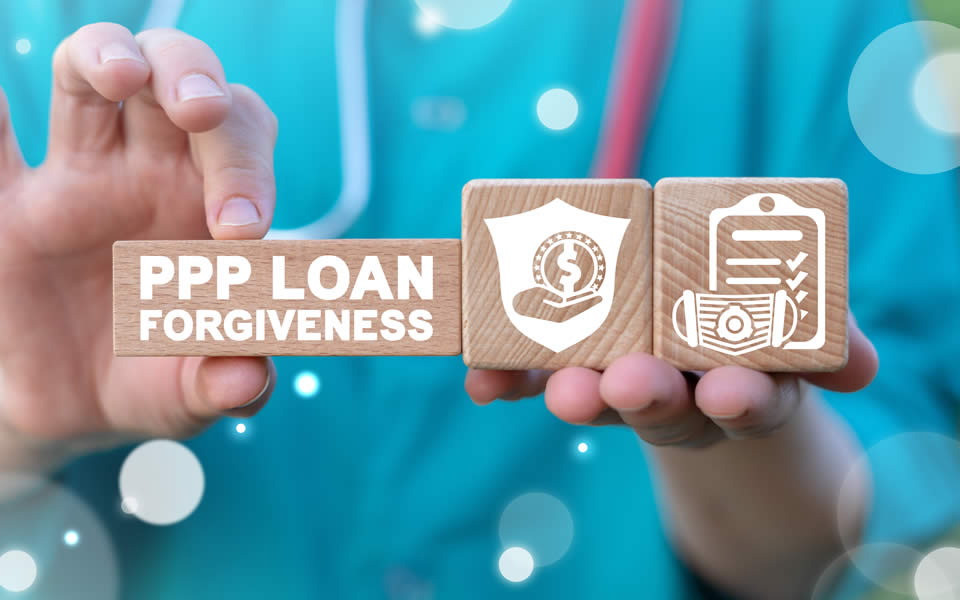One of the major relief provisions for small businesses under the Coronavirus Aid, Relief, and Economic Security (CARES) Act was the Payroll Protection Program (PPP). The rules for forgiveness related to PPP loans were clarified in the Consolidated Appropriations Act signed into law this past December, which explicitly states that amounts forgiven under the PPP are not taxable for federal income tax purposes.
From a state and local tax perspective, however, PPP loan forgiveness may give rise to taxable income.
Jurisdictions that Have Released Guidance
The jurisdictions that have ruled they will conform to the federal treatment of the non-taxability of PPP loan forgiveness and not subject the forgiveness to state income tax include Alabama, California, Connecticut, Hawaii, Indiana, Kentucky, Mississippi, Montana, New York, North Carolina, Oregon, Pennsylvania, South Carolina, and Tennessee.
Jurisdictions that have released guidance and do not conform to the federal treatment — and, therefore, may tax all or a portion of the income — are Massachusetts, Minnesota, New Hampshire, and Wisconsin.
What happens if a jurisdiction has not released guidance?
Typically, when jurisdictions have not released guidance, the conformity will depend on how the state conforms to the Internal Revenue Code (IRC). The methods that jurisdictions apply when conforming to the IRC are Fixed/Static, Rolling, or Selective.
- Fixed/Static Conformity means that the state conforms to the IRC to a specific date.
- Rolling Conformity is defined as conforming to the most recent version of the IRC.
- Selective Conformity means that the jurisdiction will conform to certain provisions of the IRC.</li
To date, 22 jurisdictions have rolling conformity. Based on this type of conformity, it is reasonable to conclude that federally forgiven loans will not be subject to tax those jurisdictions, unless they release guidance stating otherwise.
It is important to note that while some states may have released initial guidance, guidance could always change in the future, resulting in different treatments.
For further assistance, please contact your CBIZ State and Local Tax professional to address any questions regarding the conformity of PPP Loan Forgiveness Income.
© Copyright CBIZ, Inc. All rights reserved. Use of the material contained herein without the express written consent of the firms is prohibited by law. This publication is distributed with the understanding that CBIZ is not rendering legal, accounting or other professional advice. The reader is advised to contact a tax professional prior to taking any action based upon this information. CBIZ assumes no liability whatsoever in connection with the use of this information and assumes no obligation to inform the reader of any changes in tax laws or other factors that could affect the information contained herein. Material contained in this publication is informational and promotional in nature and not intended to be specific financial, tax or consulting advice. Readers are advised to seek professional consultation regarding circumstances affecting their organization.
“CBIZ” is the brand name under which CBIZ CPAs P.C. and CBIZ, Inc. and its subsidiaries, including CBIZ Advisors, LLC, provide professional services. CBIZ CPAs P.C. and CBIZ, Inc. (and its subsidiaries) practice as an alternative practice structure in accordance with the AICPA Code of Professional Conduct and applicable law, regulations, and professional standards. CBIZ CPAs P.C. is a licensed independent CPA firm that provides attest services to its clients. CBIZ, Inc. and its subsidiary entities provide tax, advisory, and consulting services to their clients. CBIZ, Inc. and its subsidiary entities are not licensed CPA firms and, therefore, cannot provide attest services.















